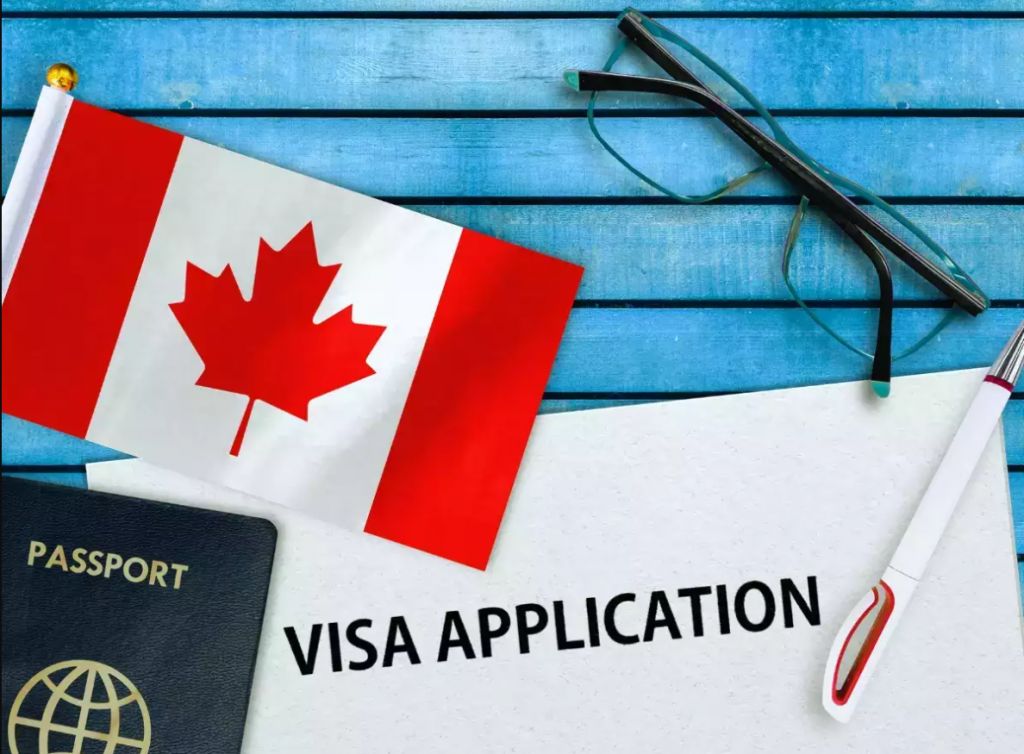
Relocating to Canada as an international student requires careful financial planning to ensure you meet both the immigration requirements and your personal living expenses.
A rough estimate of the amount you might need is ₦47,000,000. Here's a breakdown of the necessary funds and their approximate equivalents in Naira (NGN) as of February 21, 2025.
ALSO READ: JAPA: Top 10 easiest countries for Nigerians to migrate to in 2025
1. Tuition Fees
Master’s Programs: CAD 15,000 – CAD 25,000 per year. In Naira (NGN): ₦16,000,200 – ₦26,666,800.
2. Proof of Financial Support
The Canadian government requires international students to demonstrate sufficient funds to cover living expenses, in addition to tuition. They require at least CAD 20,635 per year for living expenses. In Naira: ₦22,000,000.
3. Additional Expenses
Airfare: CAD 1,500 – CAD 2,000 In Naira: ₦1,600,020 – ₦2,133,360
Health Insurance: CAD 600 – CAD 800 per year. In Naira: ₦640,008 – ₦853,344
Books & Supplies: CAD 1,000 per year. In Naira: ₦1,066,680
As of February 21, 2025, the exchange rate is approximately 1 Canadian Dollar (CAD) = 1,066.68 Nigerian Naira (NGN). So this is your estimated total cost:
ALSO READ: 10 most dangerous countries to travel to in 2025 - Is Nigeria one of them?
Total Estimated Cost for a Master’s Program in Canada
If you are planning to relocate to Canada for a master's program, you should budget around ₦47 million for your first year. Tuition fees for a master's degree range from ₦16 million to ₦26.6 million, depending on the university and program. In addition to tuition, you must prove you have at least ₦22 million in living expenses to meet the Canadian government's financial requirements.
Other necessary expenses include airfare, which costs between ₦1.6 million and ₦2.1 million, health insurance of around ₦746,000, and books and supplies estimated at ₦1 million per year. This brings the total estimated amount for a master’s student to approximately ₦47 million for the first year.
Keep in mind that costs may vary based on your university, province, and personal spending habits. It's advisable to budget extra to accommodate currency fluctuations and unexpected expenses.
If you have this amount or were fortunate enough to secure a scholarship, here’s what you need to do to obtain a student visa.
How to Get a Student Visa for a Master’s Program in Canada
If you’ve been admitted to a Canadian institution, the next step is securing a student visa, officially known as a study permit.
Step 1: Receive Your Letter of Acceptance
Before applying for a study permit, you must first secure admission to a Designated Learning Institution (DLI) in Canada. Once accepted, your university will issue a Letter of Acceptance, which is required for the visa application. Ensure your institution is a DLI because only these schools can admit international students. You can verify this on the IRCC (Immigration, Refugees, and Citizenship Canada) website.
Step 2: Gather Required Documents
To apply for a study permit, you’ll need the following documents:
Valid Passport – Your passport should be valid for the duration of your studies.
Letter of Acceptance – Issued by the university you’ll be attending.
Proof of Financial Support – You must show that you can cover tuition fees, living expenses, and return transportation. Acceptable proof includes bank statements, scholarship awards, or a letter from a sponsor.
Statement of Purpose (SOP) – A letter explaining why you want to study in Canada and your future plans.
Immigration Medical Exam (IME) – Some applicants may need to undergo a medical examination.
Police Clearance Certificate – In some cases, proof of a clean criminal record may be required.
Passport-sized Photographs – Meeting Canada’s specifications for visa photos.
Visa Application Fee – CAD 150 (~₦200,000, depending on exchange rates).
Tuition Payment Receipt (if applicable) – Some universities require a partial tuition payment before visa application.
Proof of Ties to Nigeria – To show you intend to return after your studies. This can include:
Employment letter (if applicable), Business registration documents, Property ownership documents.
ALSO READ: The Japa Struggle: 6 tips that can help you ace any visa interview
Step 3: Apply for a Study Permit
Nigerian students can apply for a study permit in two ways:
Online Application
Visit the IRCC website
Create an account and complete the application form
Upload all required documents
Pay the visa fee (CAD 150)
Schedule and complete biometrics at the Canada Visa Application Centre (VAC) in Lagos or Abuja
Paper Application (Not Recommended)
Download the application forms from the IRCC website
Fill them out and submit them in person at a VAC.
Step 4: Attend a Visa Interview
While not all applicants will need an interview, some Nigerians may be called for one at the Canadian embassy. Be prepared to answer questions about:
Your study plans
Funding sources
Ties to Nigeria
Post-study intentions
Step 5: Wait for Approval
Processing times vary but typically take 8–20 weeks. You can track your application status online.
Possible Outcomes:
Approval – You’ll receive a Port of Entry (POE) Letter of Introduction and a Temporary Resident Visa (TRV) (if required for travel).
Refusal – If denied, you’ll get a rejection letter explaining the reasons (e.g., lack of funds, weak ties to Nigeria, unclear study plan). You may reapply after addressing the issues.
Step 6: Travel to Canada & Get Your Study Permit
Once approved:
Book your flight to Canada
Carry your POE Letter, LOA, passport, and proof of finances
On arrival, present your documents to an immigration officer, who will issue your study permit.
Start this process at least 6 months before your program begins to avoid delays and be honest in your application as a misrepresentation can lead to a visa ban. You can also explore scholarship options if you have funding concerns, apply for Canadian scholarships for Nigerian students.
After graduation, you may qualify for a Post-Graduation Work Permit (PGWP) to stay and work in Canada. Best of luck!
ALSO READ: Japa Chronicles: 6 struggles every Nigerian faces during their first few weeks abroad